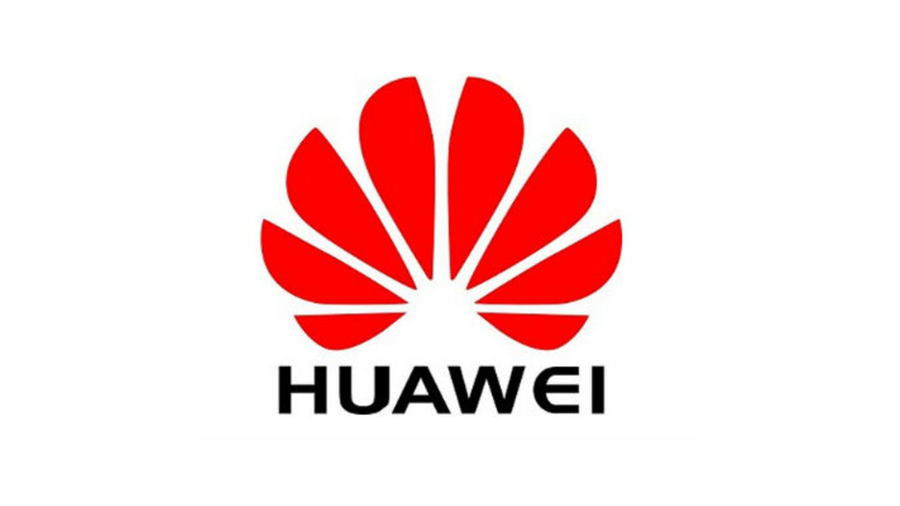FCC, Huawei Square Off in Court Briefs
The smarter way to stay on top of the multichannel video marketplace. Sign up below.
You are now subscribed
Your newsletter sign-up was successful
The respective parties have filed their opening briefs in Chinese telecom Huawei's challenge to the FCC's initial determination that its technology is a national security risk and must be excluded from broadband subsidies--and likely ripped and replaced from existing networks.

The U.S. Court of Appeals for the Fifth Circuit is hearing the case.
The FCC voted unanimously on June 30 to affirm its initial designation that Huawei (and ZTE) are suspect, which means no carrier can use tech from either company to build out broadband and be eligible for any of the government's billions of dollars in Universal Service Fund subsidies for wireless and wired broadband.
Related: FCC to Declare Suspect Tech Item Fills Hill Bill
Huawei and ZTE were the first two companies it determined were such threats, but there could be more that will be excluded from U.S. nets.
Huawei wants the court to vacate the rule excluding suspect tech from the USF, as well as its designation by the FCC as one of those.
In its briefs to the court, both initial and reply, Huawei asked for the court to hold oral argument, saying there were novel issues that needed addressing. It said the FCC's order violated the Administrative Procedures Act, meaning the FCC made a procedural error that rendered is arbitrary and capricious, as well as that Congress had not given the FCC the power to condition USF funds on national security, especially since the FCC does not have experience in national security or foreign affairs.
The smarter way to stay on top of the multichannel video marketplace. Sign up below.
The company said the FCC's reasons for designating it a risk were contrived and politically motivated.
In its brief the FCC asked the court to dispense with oral argument and just decide based on the briefs alone, though it said it was ready to present oral argument if need be, which would likely have to be via teleconference.
It pointed out that Congress established the FCC “for the purpose of the national defense” and “promoting safety of life and property through the use of…communication,” which it says "the potential impact on network security or the public interest of permitting foreign-owned or -controlled entities access to different components of American communications networks."
It also pointed out that the House Permanent Select Committee on Intelligence, which knows a little something about national security, had recommended that Huawei be excluded from government networks and strongly suggested commercial entities do the same.
Then there was the fact that the FCC "identified numerous ties between Huawei and China’s government and military," it told the court.
Contributing editor John Eggerton has been an editor and/or writer on media regulation, legislation and policy for over four decades, including covering the FCC, FTC, Congress, the major media trade associations, and the federal courts. In addition to Multichannel News and Broadcasting + Cable, his work has appeared in Radio World, TV Technology, TV Fax, This Week in Consumer Electronics, Variety and the Encyclopedia Britannica.

